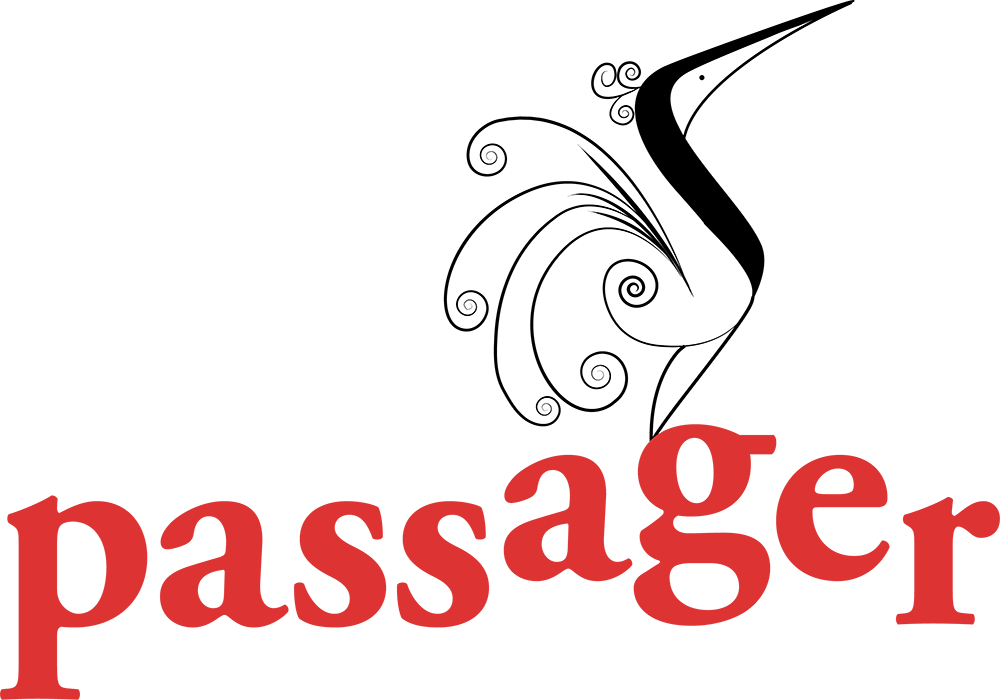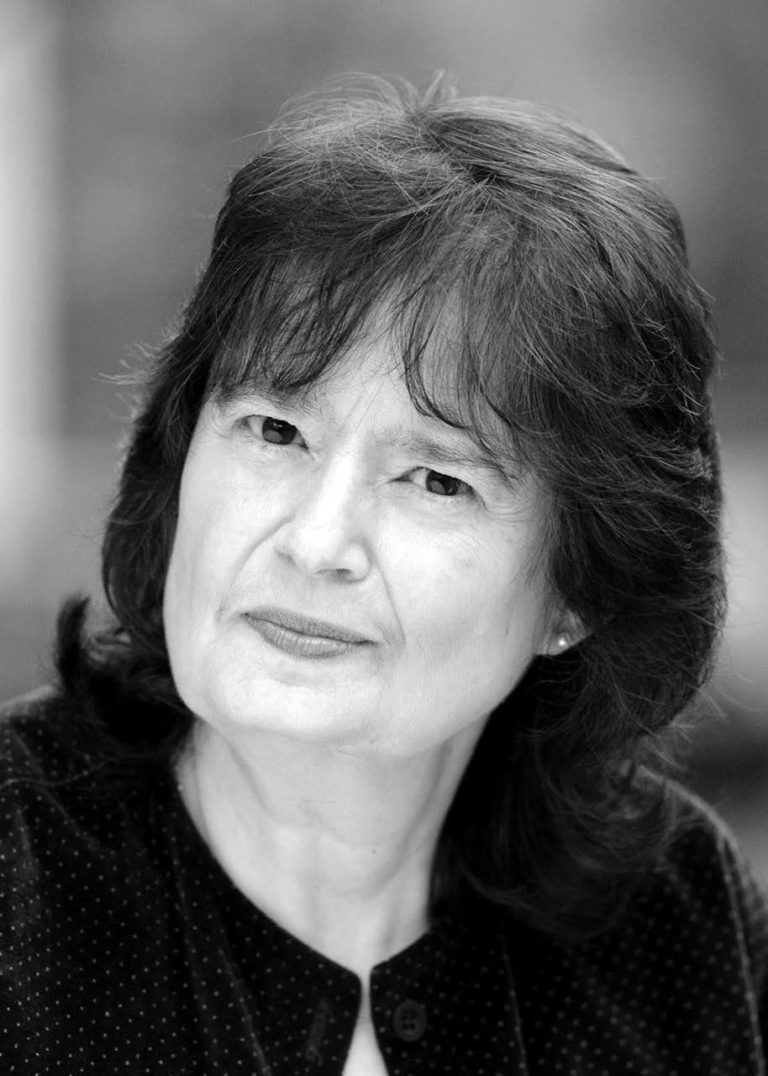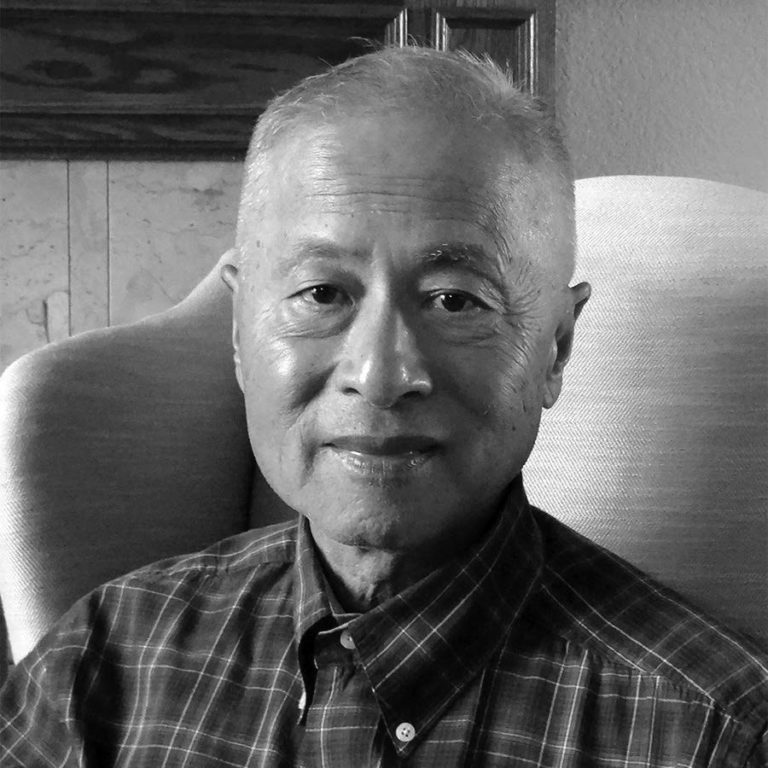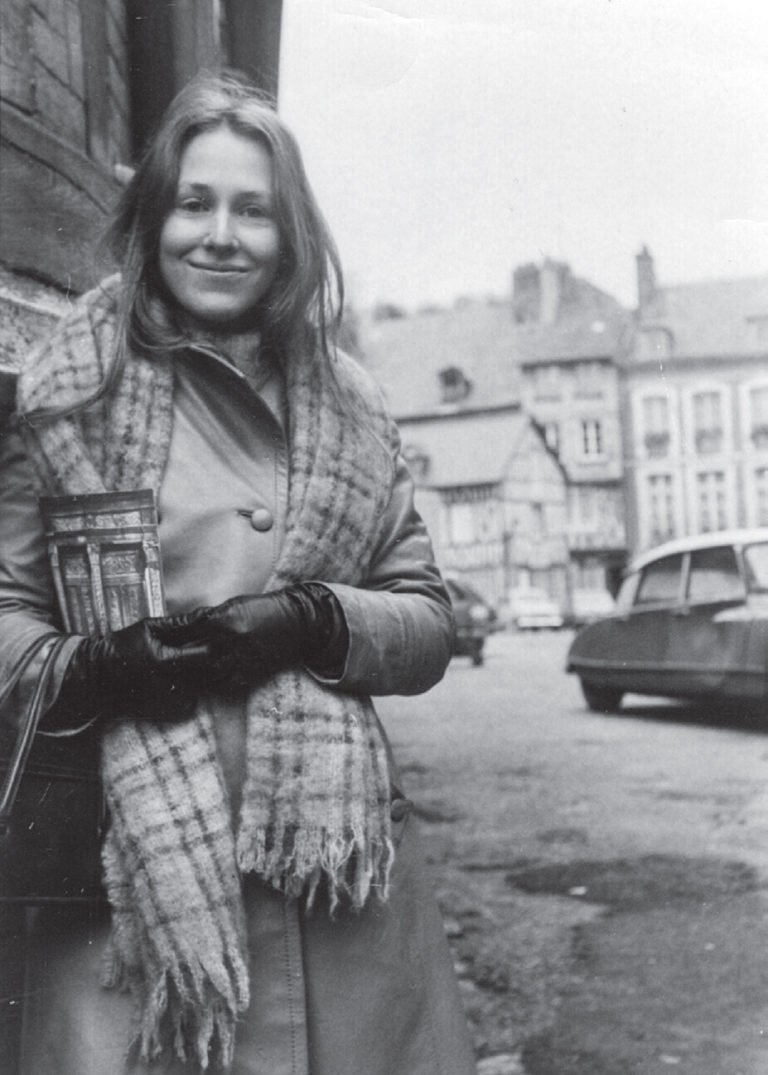Writing


Exploring the art and effects of writing, with works by Joyce Greenberg Lott, Martha Strom and Vince Granata.
6 minutes
TRANSCRIPT
On this episode, three pieces about writing.
Joyce Greenberg Lott describes herself as “an 83-year-old woman with a walker.” And she said, “I remember running marathons and winning tennis tournaments.” Here’s her poem, “Noreen.”
She had been my student,
then my friend. She was dying
of lung cancer. Decades ago,
I visited her in the hospital.
I’m writing a poem, she told me
lying in her bed.
I felt proud.
May I see it? I asked.
Noreen was beautiful,
especially her hands.
White marble
that moved.
My poem’s in the air, she said
tracing it with her hands.
All our poems are in the air
I know that now.
Sometimes I try
to write mine down.
Joyce Greenberg Lott,’s poem “Noreen” from Passager Issue 71.
Martha Strom said she wrote this next poem at three in the morning. She said, “I have heard writers in the eighteenth century used to take a kind of anti-siesta during the wee hours. I often pray and meditate and sometimes write poetry then.” Here’s her poem “zombie.”
I eat like an orangutan,
I walk like a zombie,
And I have coffee with myself.
But inside these jangling nerves
Hides an incomparable calmness.
When people are strange
I am under the spell.
Weirdness is the ticket.
Today’s curse is grace.
The lamps are lit.
Today I discovered the secrets
Of the sedentary. I kind of like
A day spent under a black moon.
Somewhere, leaves are burning,
To make it smell like fall,
But I have emeralds in my eyes
And blue fires in my fingers.
They cradle a pen whose cries
Are sweet as those of a solitary stranger
Who rooms, without illusions, in my mind.
I have heard it said no one can rob
A poet of her pleasures.
Martha Strom’s poem “zombie” from Passager Issue 61. She said that when a friend read the first line “I eat like an orangutan,” she said, “You eat like a what??!!” “I eat a plant-based diet,” Martha said. “I forage for food in the produce section at Trader Joe’s.”
Vince Granata was Henry Morgenthau’s driver and assistant during the last couple years of Henry’s life. Here’s an excerpt from Vince’s recollections of that time.
[During one of my early lunches with him], Henry asked me about my writing. I remember how this came up, how he told me that he wanted to see some of my work because I had seen so many of his poems in the manuscript for A Sunday in Purgatory, which was still a month from publication. My relationship with Henry shifted after I showed him one of my essays. He began to dictate drafts of his poems to me, and as I typed he would ask for my opinion on a line break, or the effectiveness of an image. Soon, a part of our afternoons became a dialogue about writing, a place to explore a shared love of words.
It turned out that even though he was almost 70 years older than I, we were new poets together. We were both learning our craft.
Any writer new to a genre needs to rely on substantial feedback to make progress. As a poet, Henry constantly asked for others’ opinions, participating in poetry workshops at his retirement community, sending drafts to his poet friends, reading his work to me. Yes, this is what a new poet needs to do — solicit feedback from others — but this sharing can be incredibly taxing and requires a real willingness to be vulnerable, to take risks with work in progress. This was doubly true for Henry because a great deal of his poems are first person poems, confessional poems, deeply personal work he modeled after one of his favorite poets — and real life acquaintance! — Robert Lowell. To be vulnerable and receptive to feedback about personal creative work is difficult at any age, let alone at ninety-five when Henry began writing poetry.
But Henry, remarkably, was able to open himself up and learn from what others saw in his work. Somehow, as he entered the second century of his life, he remained mentally flexible, receptive, malleable. Though his poems interrogated the world — his inner world and the world around him, both vast — Henry never rushed to write a line or speak before he was ready. As a successful new older poet, Henry found a way to be both persistently curious and patient, to allow others to help his work evolve, an example all writers can strive for.
An excerpt from Vince Granata’s essay “Remembering Henry” from Passager Issue 66.
For Kendra, Mary, Christine, Rosanne, and the rest of the Passager staff, I’m Jon Shorr.
To buy Henry Morgenthau’s book A Sunday in Purgatory or to subscribe to or learn more about Passager and its commitment to writers over 50, go to passagerbooks.com. You can download Burning Bright from Spotify, Apple and Google Podcasts and various other podcast apps.



